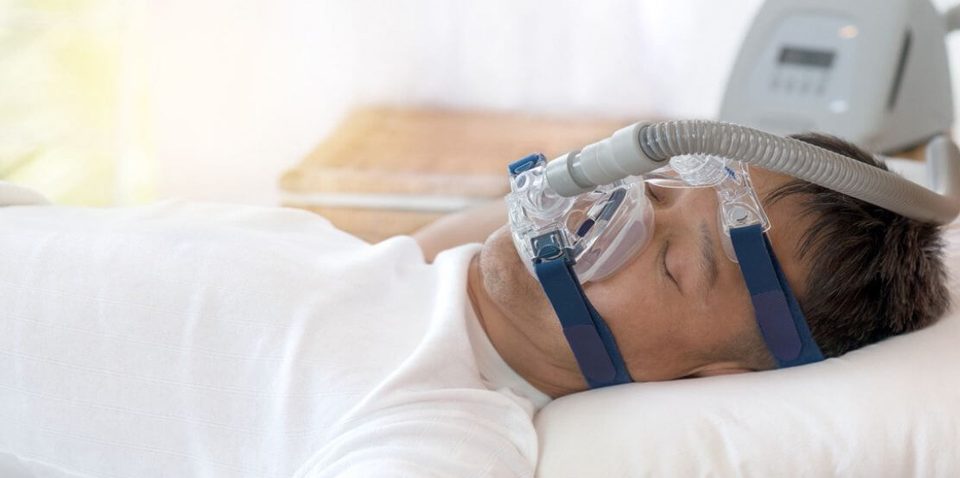Snoring is a common phenomenon, up to 45 percent of American adults snore and among them, 25 percent snore regularly according to the American Academy of Otolaryngology. However, certain changes in your lifestyle can decrease snoring and some might require signifier medical technologies to treat if it is related to a sleep disorder. So are you concerned about your snoring? Keep reading and you will find more about the symptoms and treatments of snoring.
Symptoms
Snoring is a loud and harsh sound as a result of tissues of the throat vibrating while you sleep. It ranges from whistles or quiet vibrations to very loud gurgling or snorting. This happens when air cannot move freely in the upper airway. Snoring is more common in men who are overweight or over 50. Your body responds to the reduced amount of airflow when the symptoms you experience from snorting reflect your body. Some of the common symptoms are:
- Feeling fatigued during the day
- Restless and unrefreshing sleep
- Having a sore throat after waking up
- Headaches in morning
- Feeling more irritability and moodiness causes personality change
- Night awakenings and feelings of confusion
- Gaining unexplainable weight
- Having problems with concentration, memory, and attention span
- Breathing pauses in sleep
- Waking up gasping or choking
- Often having short fuse
- Higher blood pressure
- Tossing and turning at night
- Some people might also gasp for air and stop breathing for a few seconds
These are the common symptoms of snoring which may also lead to serious health problems if it is not treated. There are numerous ways to treat this problem and many of them are lifestyle changes. Take an insight into these treatments below.
Treatment
The treatment depends on the cause, however, some of the common treatments include
Losing weight
Maintaining a healthy weight can reduce snoring as excessive pressure on the neck causes breathing harder. Losing 5 to 8 pounds can often help decrease snoring if not eliminated.
Alcohol Use
According to research alcohol increases the risk of snoring especially before bed. Therefore, avoid using alcohol before sleeping as it increases the obstruction in the airway.
Sleeping Position
Sleeping on your sides rather than sleeping on your back as sleeping on your back increases the risk of snoring. The gravity shifts the weight of your soft palate and tongue to the back of your tongue when you sleep on your back blocking airflow. Use a pillow to encourage sleeping on your side and reduce the severity.
Professional Treatment
Some common professional treatments for snoring are following
- Dental Mouth Pieces: they position your tongue and soft palate to keep the airway open
- Palatal Implants: stiffens your palate by injecting braided polyester strands into it to reduce snoring
- Surgery: Surgery tightens and trims the excessive tissues in the airway
- Laser Surgery: Laser surgery shortens the soft palate and removes the uvula
- CPAP Machines: These machines are used to direct pressurized into your airway eliminating sleep apnea and snoring
Conclusion
Snoring is a common occurrence in adults, especially in males, if you snore regularly and it is affecting your energy level in the daytime and behavior then try to apply some lifestyle changes mentioned above. If that does not help, consult your doctor and get professional treatment.




